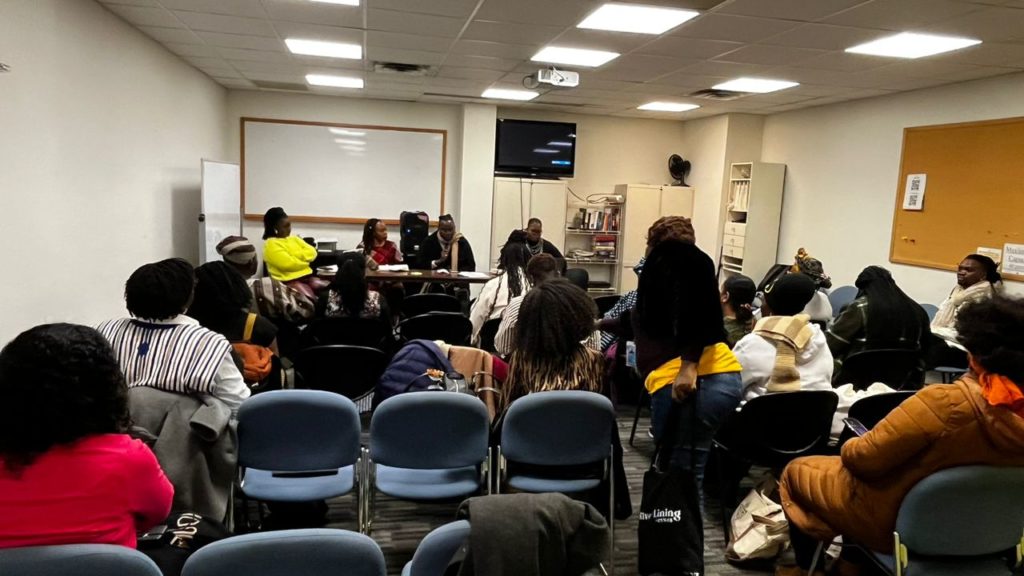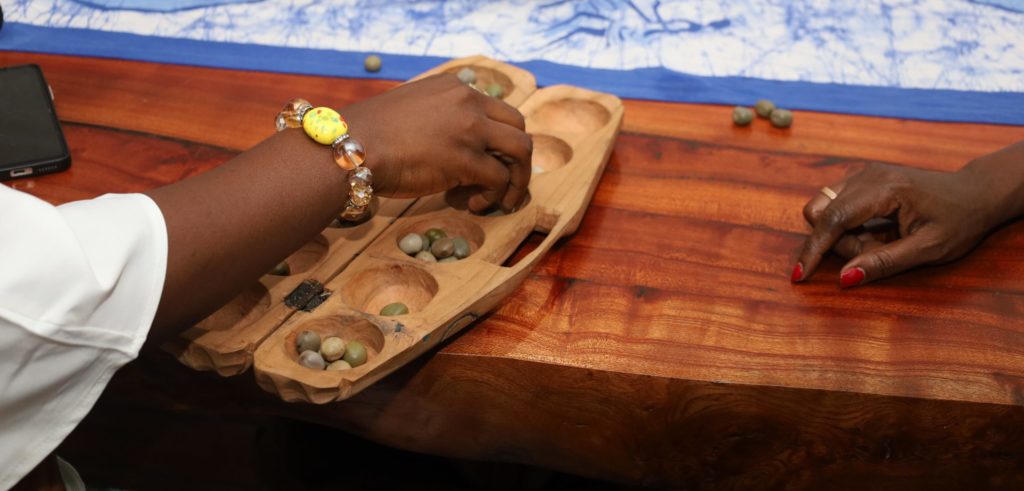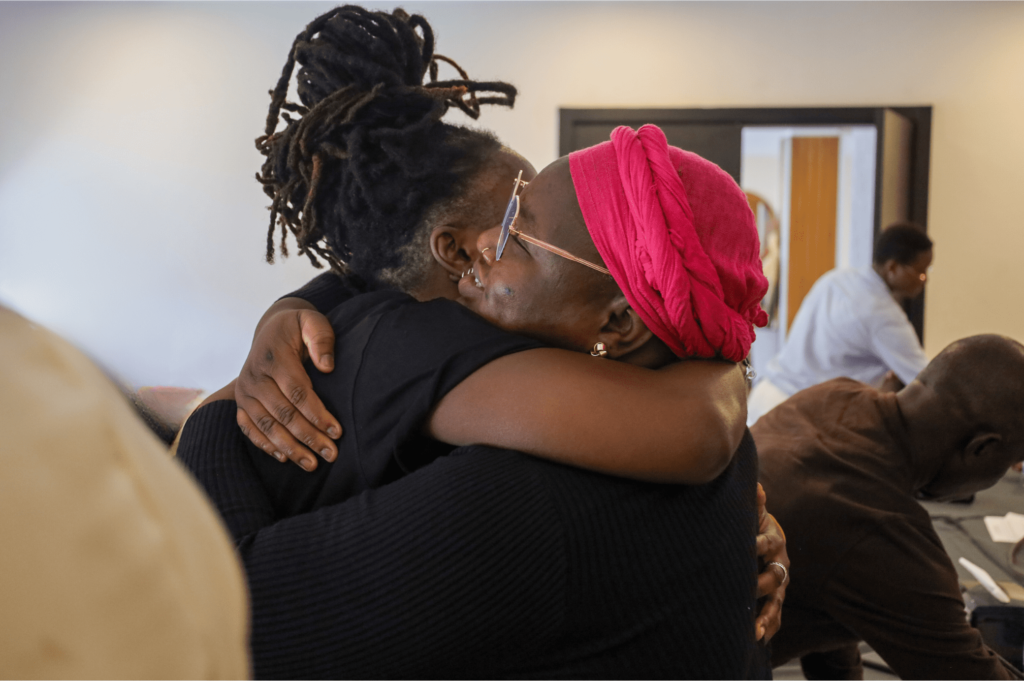
The 68th session of the United Nation’s Commission on the Status of Women(CSW68) took place from March 11th to 22nd, with the priority theme "Accelerating the achievement of gender equality and the empowerment of all women and girls by addressing poverty and strengthening institutions and financing with a gender perspective."
ISDAO was one of several civil society organizations from around the world that organized hundreds of side events at the NGO CSW forum. The side events allow CSOs and activists to connect, network, and advocate around the CSW priority theme of the year.
Our first session, "Maputo Protocol @ 20: Making the case for African LBTQ women", was
an in-person panel discussion in New York, featuring four rights defenders from Liberia, Uganda, Nigeria, and Kenya. The discussion highlighted the limitations affecting the application of the Maputo Protocol for LBTQ and intersex people, and ways to use the protocol to advocate for African women in all their diversity.
Fadekemi Akinfaderin, Chief Global Advocacy Officer at Fòs Feminista, a virtual panelist, emphasized the importance of the protocol, stating that feminist organizations and civil society organizations (CSOs) must champion it as a key human rights instrument.
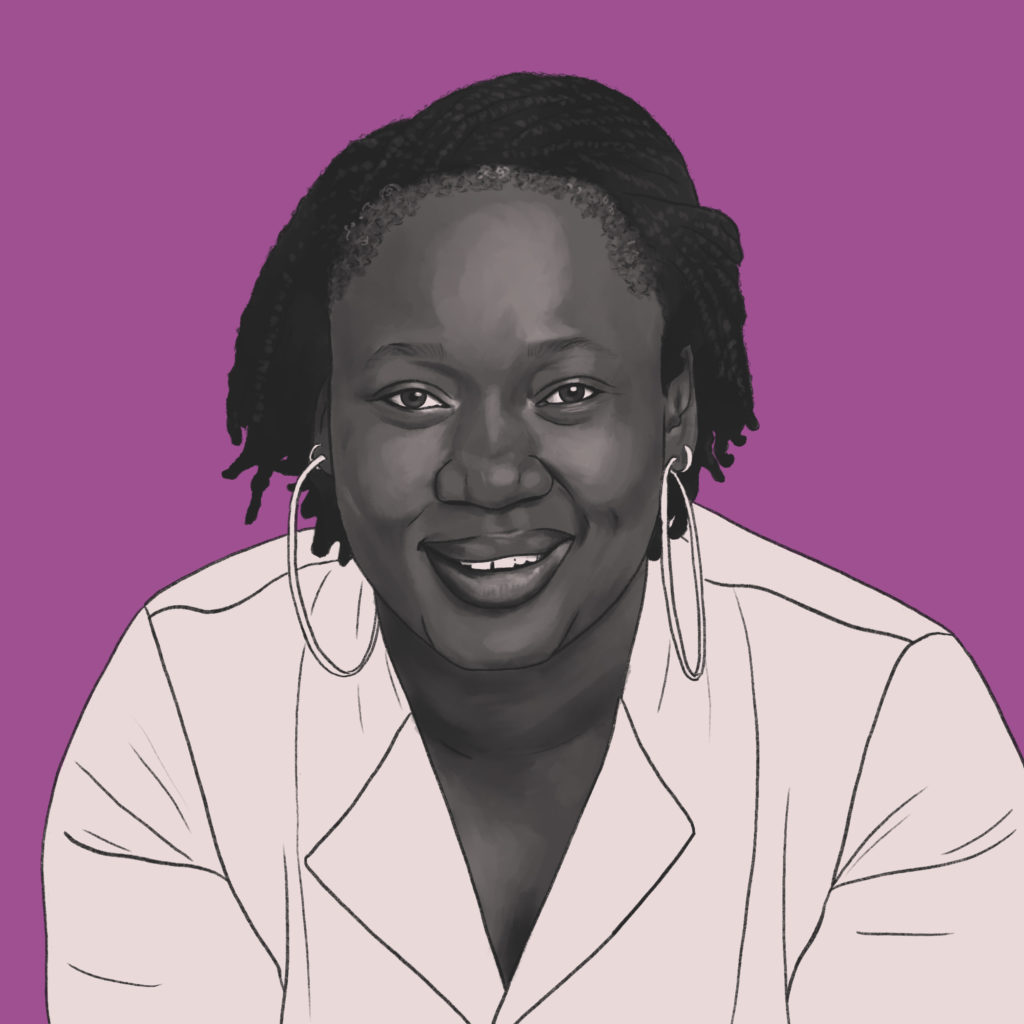
We need to elevate the protocol as our human rights instrument, one that is about guaranteeing our rights. It might not necessarily have everything we want, but it is one of the most progressive human rights instruments specifically targeting women, girls and gender-diverse people on the African continent.
Fadekemi Akinfaderin
Following the conversation on the limitations to the application of the protocol, the moderator shifted focus to solutions for the future, asking the panelists what actions LBTQ organizations need to take now to shape the future.
Seanny Odero, the Executive Director of Trans* Alliance Kenya, spoke about the need for LBTQI organizations to reform the public sector:
How are we being intentional about doing local government work and public sector reforms? Those are where the fundamental questions are being asked. You can’t talk about transforming the Government if you’re not having conversations about transforming the public sector. We are having conversations with the wrong people.
Seanny Odero
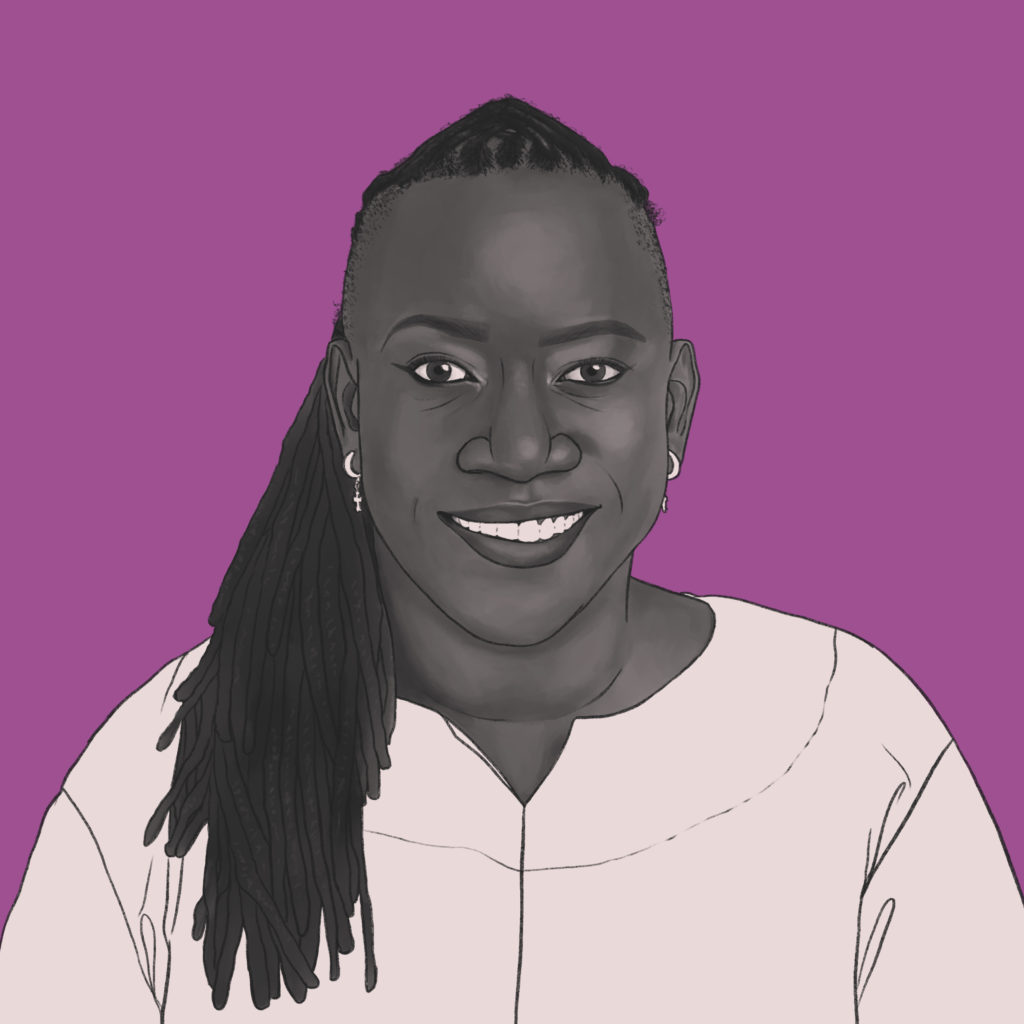
The second session entitled “Reclaiming African Values: Deconstructing False Narratives about Feminism, SRHR, LBTQ Women and Intersex Persons' Rights and their Non-alignment with ‘African Values’” tackled the misuse of the term "African Values" to restrict the rights of LGBTQ+ and intersex people. Held virtually, this session ensured participation from West African communities and partners who might not have been able to attend the CSW in person.
The panel featured rights defenders from Ghana, Togo, Nigeria, and Senegal, engaged in an interactive discussion, challenging the idea that LGBTQ+ and intersex rights contradict "African Values."
Right from the start of the discussion, Va-Bene Artist and Activist Elikem Fiatsi challenged the notion of a singular African identity, stating "The singularization of Africa and the so-called homogenous identity of Africa in itself is colonial."
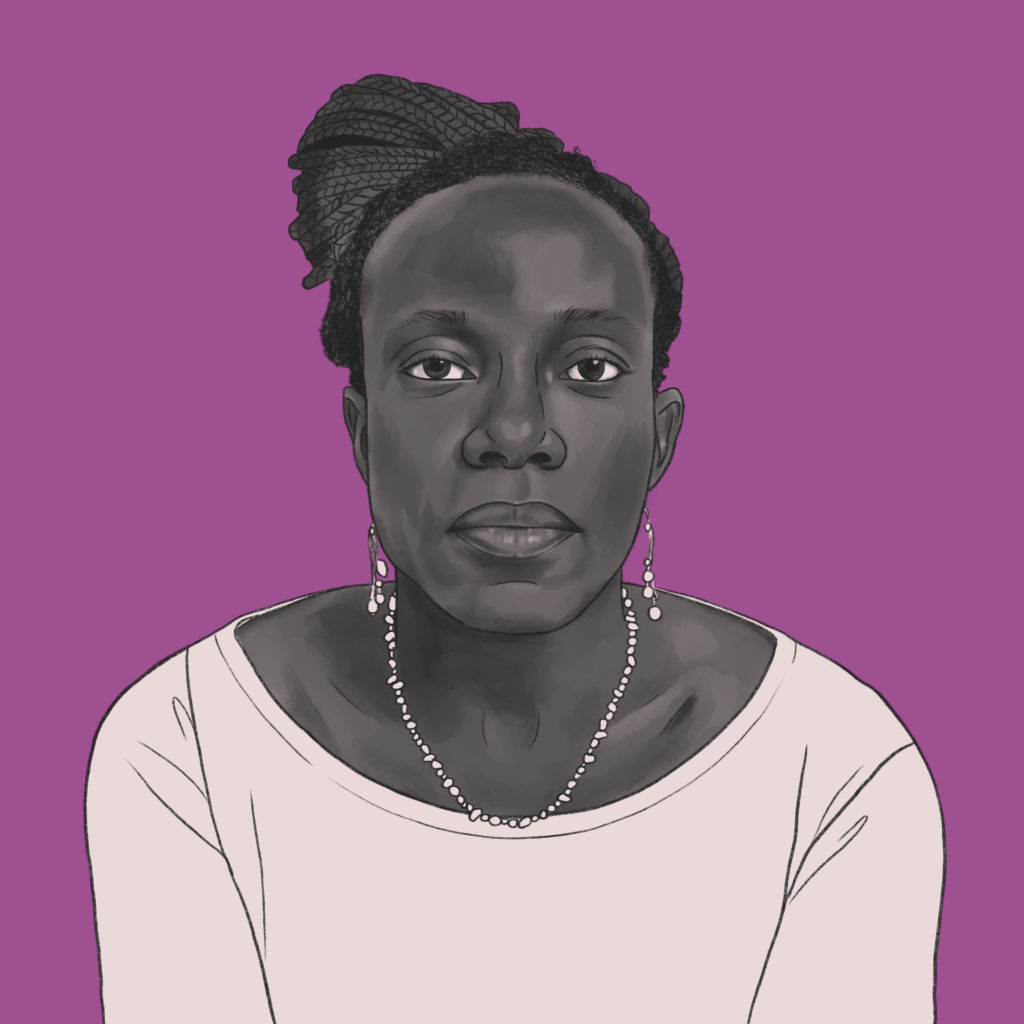
Pan-Africanism doesn’t mean that all Africans should conform to a singular identity. Our diversity is our strength, and we must embrace and understand this richness.
Va-Bene Elikem Fiatsi
Feminist activist Awa Fall Diop emphasized the continent's core values of "peace, cohesion, and mutual help," arguing that acceptance and love are fundamental to the African identity.
Our values are focused on peace, cohesion, and mutual help. We have some challenges, but we accept and love each other. And these are the values of this continent (Africa).
Awa Fall Diop
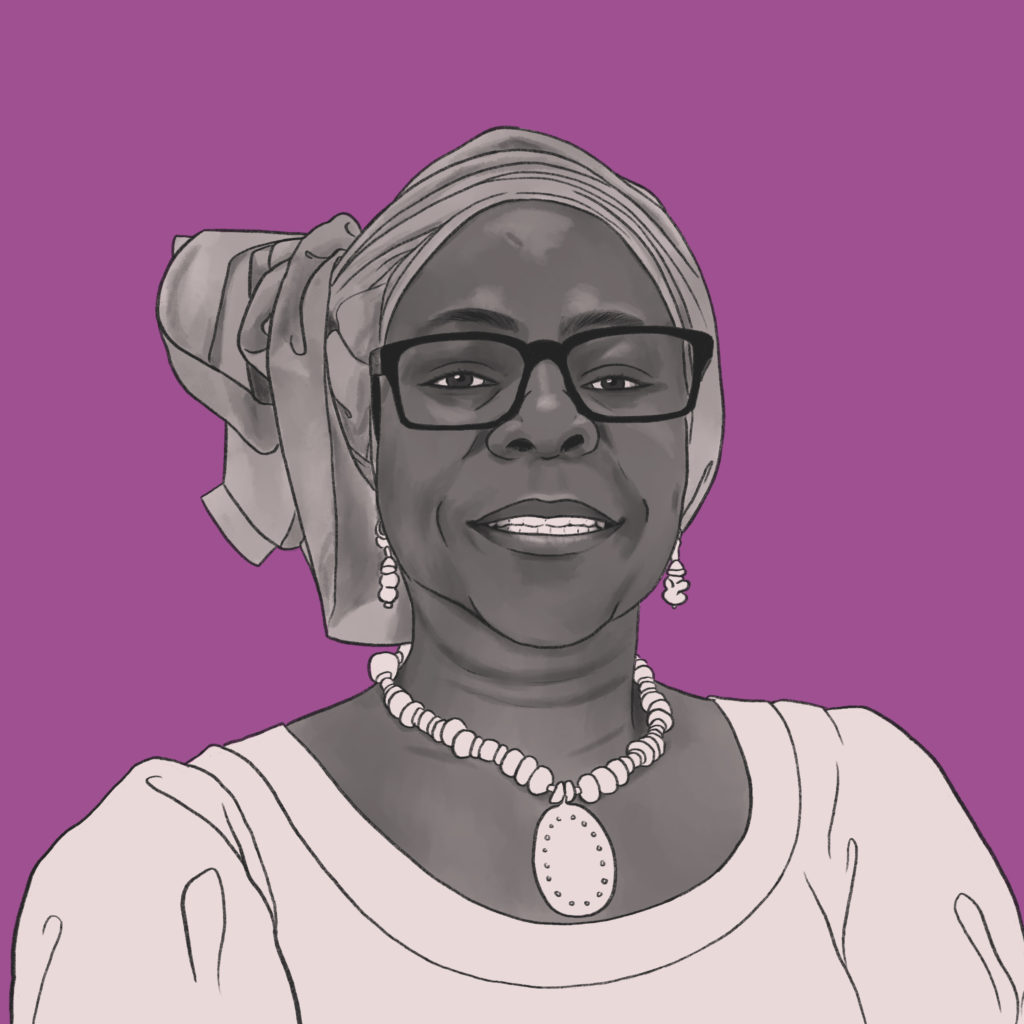
Hear from Our Partners
Despite the limited representation of LGBTQI communities and sex workers from West Africa at the CSW, a few activists from the region attended CSW68. Here, they share their reflections on their experiences, challenges, and aspirations for the future.
Marie-Josiane TRA Lou
Program and Project Manager, Initiative Tilé
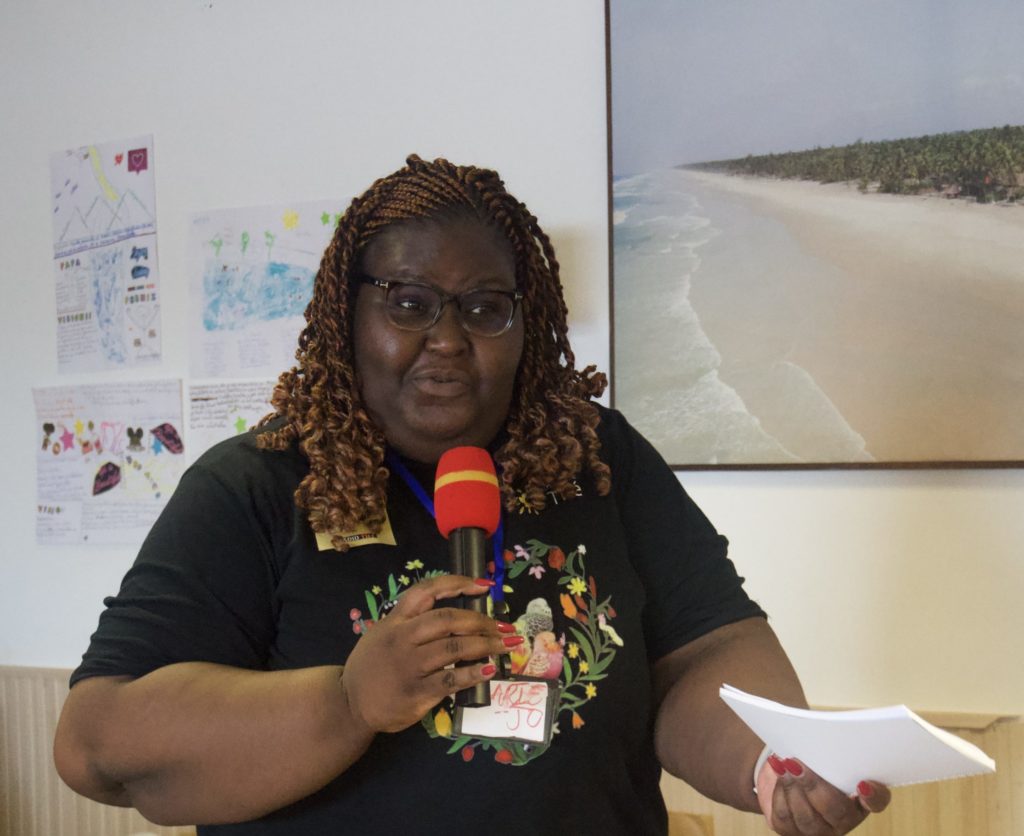
Marie-Josiane TRA Lou is a lawyer and feminist activist from Côte d'Ivoire. As a legal advisor and asset manager, she is in charge of programs and projects for Initiative Tilé, an LBQ women's organization. She is a radio host and program and human resources manager for Radio Tilé, the organization's web radio station. She is the interim coordinator of RIF-LBQ and took part in the Feminist Opportunities Now (FON) advocacy mission at CSW68.
I had the opportunity to attend CSW68 on behalf of my organization, Initiative Tilé thanks to the Feminist Opportunity Now project, one of our partners. It was an enriching time, although it can be difficult to navigate this space if you have no prior knowledge or pre-training, on how to interact with the different entities, take full advantage and part of the sessions and side events, and advocate and/or feed off others' on the common cause of LGBTQI+ rights.
There were very few, if any, LBQ activists from West Africa, especially French-speaking ones, due to the predominant use of the English language in the space, but this is a monumental mistake, as it deprives us of entering a space where there are enormous opportunities for collaboration and alliance-building, where we need to be visible as LBQ women, and where very few speeches are specific to the challenges faced by our community. Whatever our level, there's nothing to lose by attending - quite the contrary, as long as we don't come as an all-expenses-paid holiday or tourist, but with a burning desire to learn.
It is important that partners promote the meaningful involvement of LBQ organizations, activists, and campaigners in international human rights mechanisms, to translate these various policies into structures for action and governance at the local level, and obtain reforms.
Fatumata Binta Sall
Founder and Executive Director of Sisters 4 Sisters
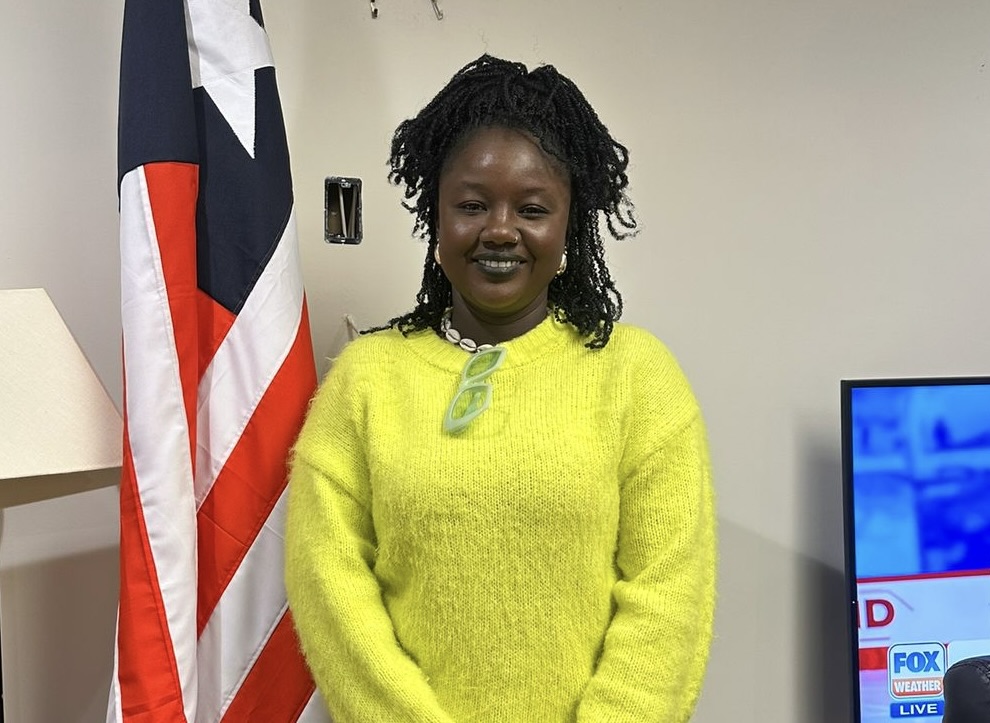
Fatumata Binta Sall is a Muslim LBTQ rights activist and an Intersectional Feminist. As the founder and Executive Director of Sisters 4 Sisters (Liberia), Binta focuses on advocating for the inclusion of Lesbian, Bisexual, Queer, Trans, and Non-Binary individuals in healthcare and empowerment programs throughout Liberia. Binta is also the Co-Chairperson of the Women Human Rights Defender Network of Liberia and a member of the Liberian feminist forum.
I am immensely grateful to ISDAO for providing me with the opportunity to participate in CSW68. Initially, navigating the forum proved challenging, particularly finding sessions aligned with my work. As LBTQ activists from Liberia, our visibility in the international space is limited, making it difficult to secure funding for our initiatives. I hope in the future, ISDAO can collaborate with us in advance, and possibly host a side event focused on funding and inclusion of LBQ organizations in West Africa. Amidst these challenges, it was exciting to meet with the LBTI caucus. Engaging with these activists from across the world deepened my commitment to inclusive advocacy, and representing Liberia reaffirmed my dedication, allowing me to shed light on LGBTQIA+ challenges and reinforcing the need for inclusive advocacy.
One of the most interesting aspects of the conference for me was meeting activists from the region and those from the Caribbean. Hearing about potential donors was also enlightening. However, I regret not being aware of all the sessions that aligned with my work beforehand. This experience highlighted the importance of networking and staying informed about relevant opportunities. Moving forward, I aim to plan better for next year's conference.
ISDAO's support is crucial for activists’ participation in similar conferences, ensuring diverse representation and strengthening advocacy efforts on critical issues. Without logistical assistance, many voices, especially from marginalized communities would remain unheard.
Justin Chidozie
Co-Executive Director, CHEVS
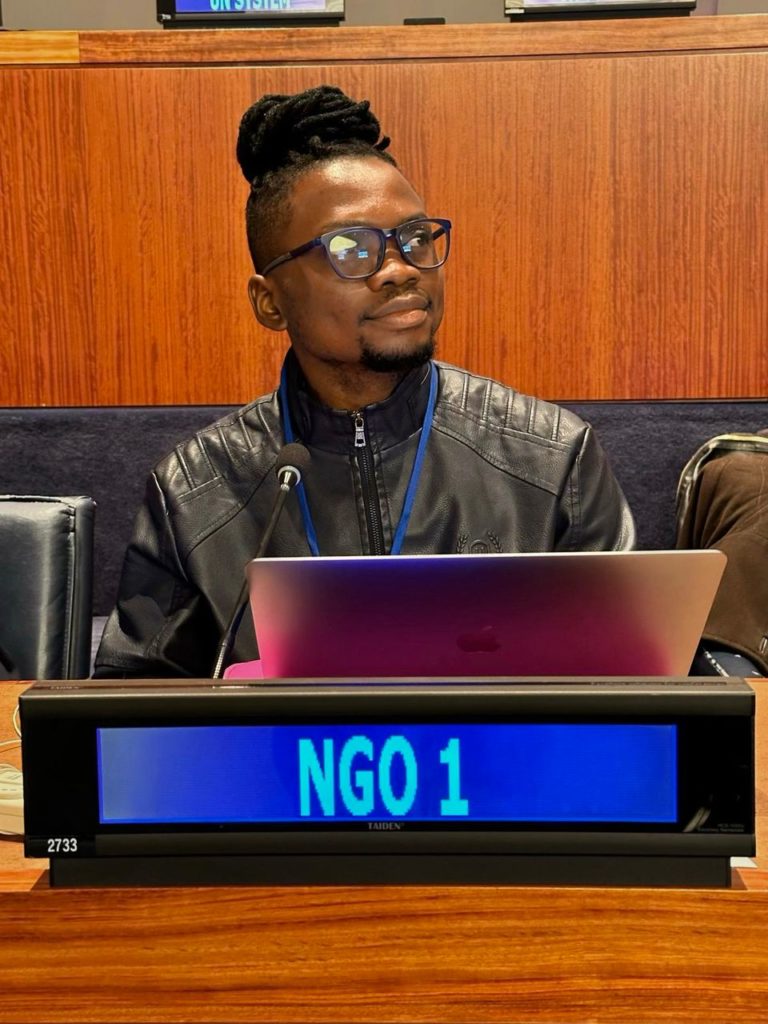
Justin Chidozie is a passionate advocate for social justice and sustainable development. With a community organizing and international relations background, he is dedicated to promoting LGBTQI equality. Justin's work spans various sectors, including education, healthcare, and Human rights. Through his advocacy efforts and grassroots initiatives, he strives to support communities of LGBTQI youths.
I am the Co-Executive Director at CHEVS, a Youth-led organization dedicated to advancing the rights and welfare of communities of young LGBTQ+ persons and Sex workers in West Africa. At CSW68, I was present at some of the negotiations, where we experienced a lot of pushback on finance language, like tax reforms, debt justice, etc. It was said that CSW is not the space for such language, but we must begin to address the gender impact and the root causes of poverty, as we’ve heard from many young people.
Another thing that stood out for me, was the participation of African youth in the space, especially how LGBTQI+ African activists took charge and collaborated with other LGBTQI+ people from all over the world to advocate within the space. It shows that there is strength in movement building and collaboration between the Global North and the Global South.
I was also excited to speak at different panels about mainstreaming youth and queer inclusion in the broader conversations that took place at the CSW. This year’s CSW was very important as the topic of economic injustice is crucial within the LGBTQI movement because economic disenfranchisement is used to oppress and marginalize LGBTQI people. The CSW is a very important space for activists, especially African activists who unfortunately face barriers like passport inequality and visa restrictions that prevent them from participating in such spaces. I hope that soon, we can see better representation of diverse queer African women and activists in the CSW space.
Further reading
Agreed conclusions from CSW68
Protocol to the African Charter on Human and Peoples' Rights on the Rights of Women (Maputo Protocol)
Written by Phidelia Imiegha (Communications Officer)
